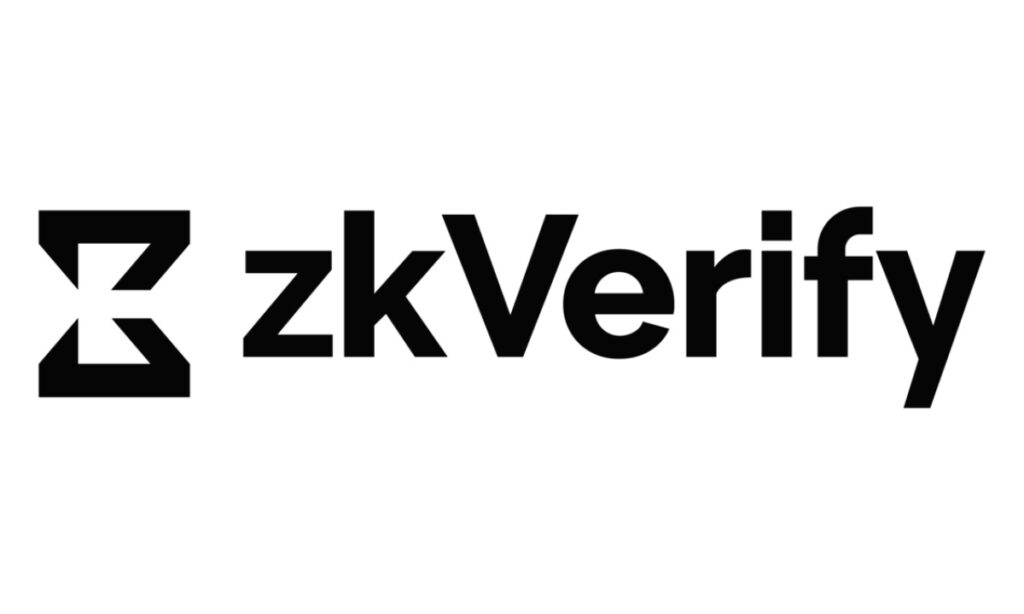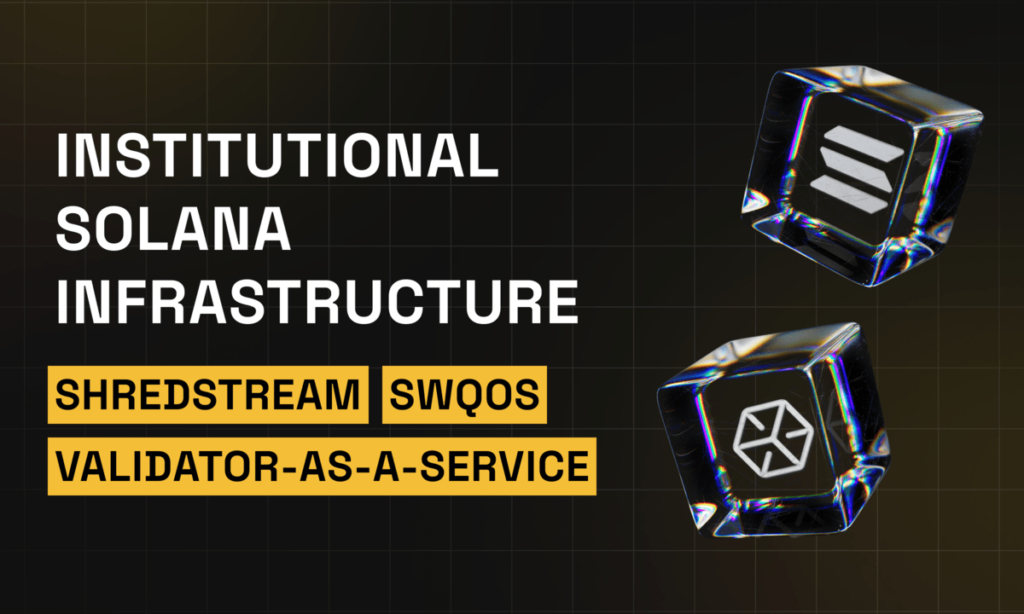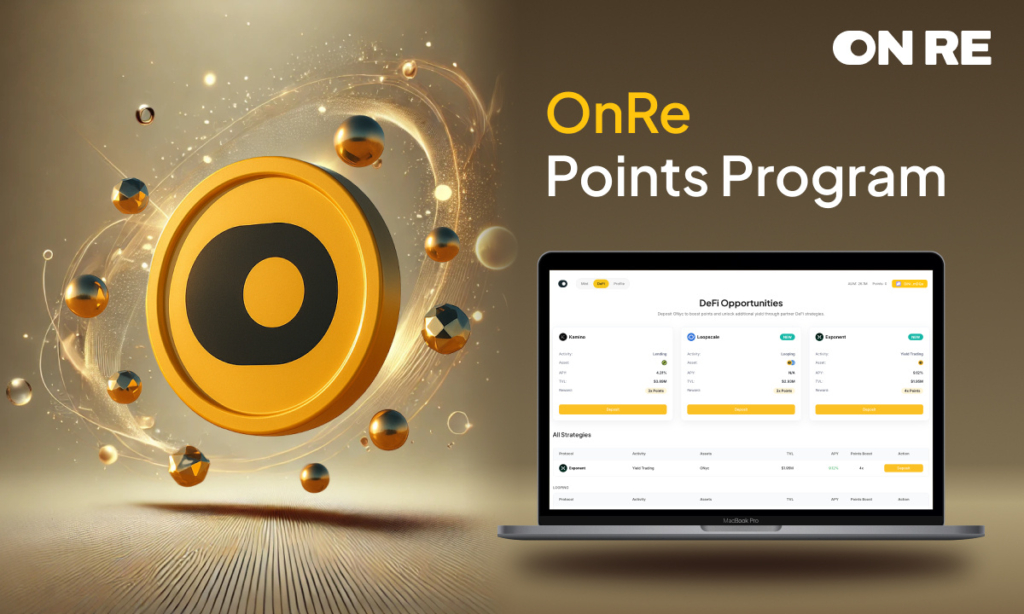Horizen Labs has incorporated zkVerify, a modular protocol specifically built for the verification of zero-knowledge proofs, into ApeChain’s Jenkins Testnet, known as the Arbitrum Orbit Chain.
The purpose of this integration is to enhance the range of Web3 games that may be launched on ApeChain with optimal performance.
According to the report, developers who use ApeChain can take advantage of zkVerify’s zero-knowledge proof verification technology to enhance transaction processing and decrease proof verification fees by over 90%, potentially resulting in substantial annual savings for applications developed on ApeChain.
ZkVerify tackles the difficulties associated with zero-knowledge proofs, which are expensive and require significant computational resources, by transferring the burden of proof verification away from the primary blockchain. This minimizes the computing load on the blockchain, enabling quicker and more economical transactions.
According to Rob Viglione, the Co-founder and CEO of Horizen Labs, this integration represents a noteworthy advancement in providing effective and expandable blockchain solutions for both developers and users.
Developers can use the interface to create ZK-based games that use many forms of proof attestations, including ones that are typically difficult to verify on Ethereum.
This streamlines the development process for ZK projects, rendering it more attainable to a wider spectrum of developers.
Furthermore, the utilization of zkVerify as Substrate pallets enables extensive customisation, guaranteeing utmost efficiency and safety for applications constructed on ApeChain.
zkVerify is a blockchain system designed to easily verify zero-knowledge proofs across different blockchain platforms. It allows Layer 2 projects and dApp developers to quickly and cost-effectively extend their operations without sacrificing network speed.



